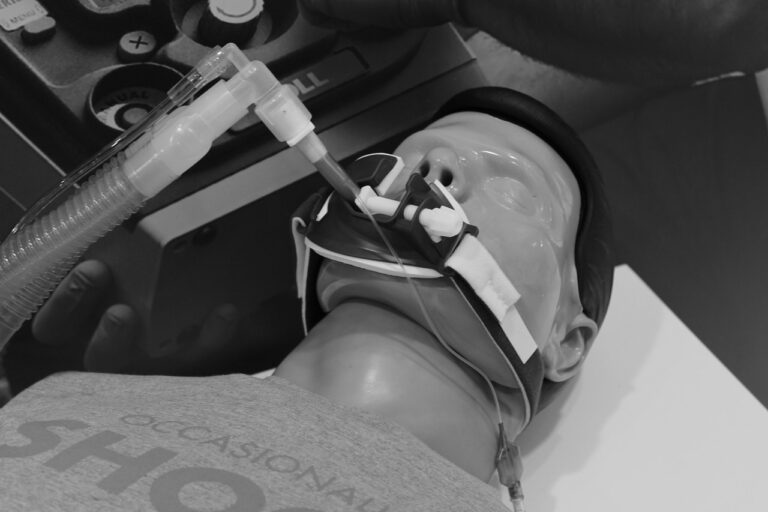Dental Continuing Education Courses: Advancements in Oral Health Care
11xplay.online login, laser book 247.com, tigerexch247: Dental continuing education courses play a vital role in the advancement of oral health care. As new technologies and techniques emerge in the field of dentistry, it is crucial for dental professionals to stay up-to-date with the latest trends and best practices. These courses provide dentists, dental hygienists, and other members of the oral health care team with the knowledge and skills they need to deliver high-quality care to their patients.
Advancements in oral health care are constantly evolving, and dental continuing education courses help professionals stay ahead of the curve. From learning about the latest treatment options for common dental issues to understanding how to leverage digital technologies in the dental practice, these courses offer a wealth of information that can benefit both patients and practitioners.
Here are some key areas where dental continuing education courses have made significant advancements in oral health care:
1. New Treatment Modalities: Dental continuing education courses often cover new treatment modalities that have been developed to address various dental issues. These may include advanced techniques for root canals, dental implants, orthodontic treatments, and more. By staying current on these new treatment options, dental professionals can provide their patients with the best possible care.
2. Cosmetic Dentistry: Cosmetic dentistry is an area that has seen significant advancements in recent years. From teeth whitening procedures to porcelain veneers and beyond, dental continuing education courses can help professionals learn about the latest trends in cosmetic dentistry and how to incorporate them into their practices.
3. Digital Technologies: The use of digital technologies in dentistry has revolutionized the field, making treatments more precise, efficient, and comfortable for patients. Dental continuing education courses often cover topics such as digital imaging, CAD/CAM technology, intraoral scanners, and more, allowing professionals to harness the power of these technologies in their practices.
4. Practice Management: Running a successful dental practice requires more than just clinical skills. Dental continuing education courses often include topics related to practice management, such as patient communication, marketing strategies, and financial management. These courses help dental professionals enhance their business acumen and build thriving practices.
5. Infection Control: Infection control is a critical aspect of dental practice that has become even more important in light of the COVID-19 pandemic. Dental continuing education courses provide professionals with the latest protocols and best practices for infection control, ensuring the safety of both patients and staff.
6. Pediatric Dentistry: Children have unique dental needs, and dental professionals must be equipped to provide them with appropriate care. Dental continuing education courses often focus on pediatric dentistry, covering topics such as preventive care, behavior management, and treatment techniques specific to children.
In conclusion, dental continuing education courses play a crucial role in advancing oral health care by keeping professionals informed of the latest developments in the field. By staying current on new treatment modalities, cosmetic dentistry trends, digital technologies, practice management strategies, infection control protocols, and pediatric dentistry best practices, dental professionals can deliver the highest quality care to their patients. Invest in your professional development by enrolling in dental continuing education courses and take your practice to the next level.
—
FAQs:
Q: How can I find dental continuing education courses?
A: Dental continuing education courses are offered by dental schools, professional organizations, and online platforms. You can search for courses based on your specific interests and learning needs.
Q: Are dental continuing education courses mandatory?
A: While some states or licensing boards may require dental professionals to complete a certain number of continuing education credits to maintain their licenses, participation in dental continuing education courses is generally voluntary. However, staying current with advancements in the field is essential for providing quality care to patients.
Q: Can dental continuing education courses be taken online?
A: Yes, many dental continuing education courses are available online, allowing professionals to learn at their own pace and convenience. Online courses offer flexibility and accessibility, making it easier for dental professionals to stay current with the latest trends in oral health care.







